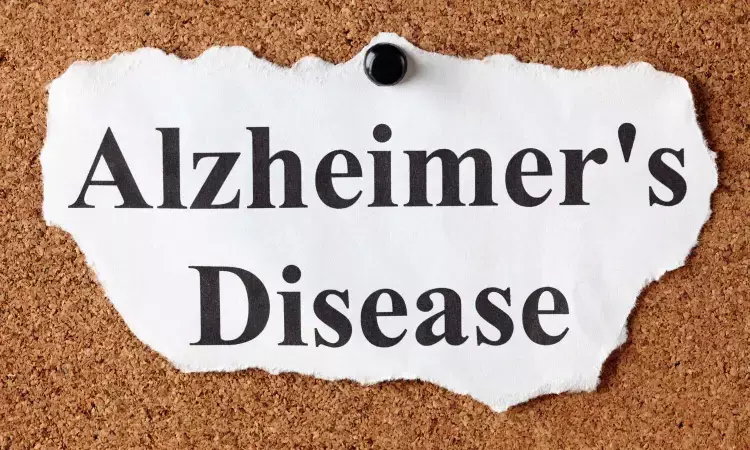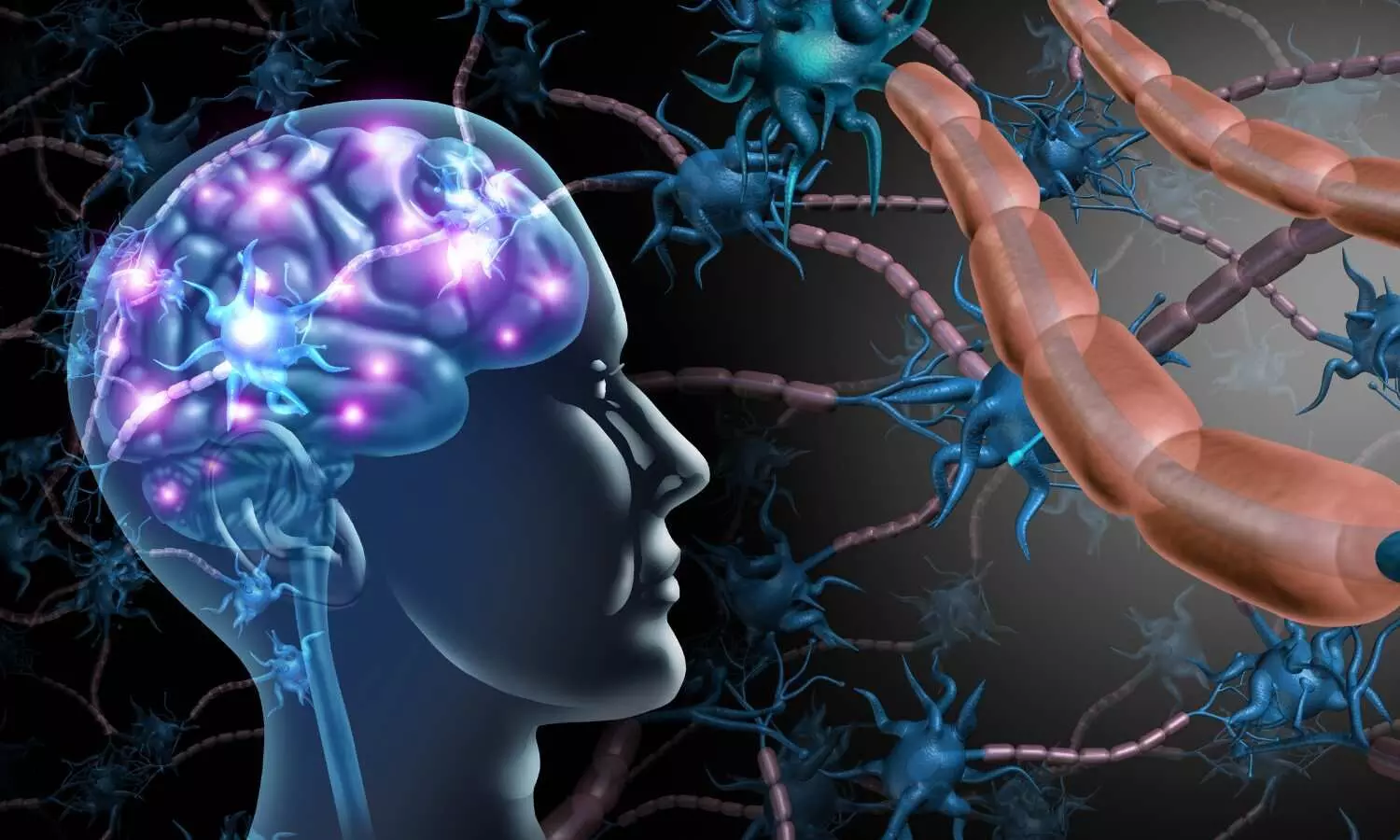- Home
- Medical news & Guidelines
- Anesthesiology
- Cardiology and CTVS
- Critical Care
- Dentistry
- Dermatology
- Diabetes and Endocrinology
- ENT
- Gastroenterology
- Medicine
- Nephrology
- Neurology
- Obstretics-Gynaecology
- Oncology
- Ophthalmology
- Orthopaedics
- Pediatrics-Neonatology
- Psychiatry
- Pulmonology
- Radiology
- Surgery
- Urology
- Laboratory Medicine
- Diet
- Nursing
- Paramedical
- Physiotherapy
- Health news
- Fact Check
- Bone Health Fact Check
- Brain Health Fact Check
- Cancer Related Fact Check
- Child Care Fact Check
- Dental and oral health fact check
- Diabetes and metabolic health fact check
- Diet and Nutrition Fact Check
- Eye and ENT Care Fact Check
- Fitness fact check
- Gut health fact check
- Heart health fact check
- Kidney health fact check
- Medical education fact check
- Men's health fact check
- Respiratory fact check
- Skin and hair care fact check
- Vaccine and Immunization fact check
- Women's health fact check
- AYUSH
- State News
- Andaman and Nicobar Islands
- Andhra Pradesh
- Arunachal Pradesh
- Assam
- Bihar
- Chandigarh
- Chattisgarh
- Dadra and Nagar Haveli
- Daman and Diu
- Delhi
- Goa
- Gujarat
- Haryana
- Himachal Pradesh
- Jammu & Kashmir
- Jharkhand
- Karnataka
- Kerala
- Ladakh
- Lakshadweep
- Madhya Pradesh
- Maharashtra
- Manipur
- Meghalaya
- Mizoram
- Nagaland
- Odisha
- Puducherry
- Punjab
- Rajasthan
- Sikkim
- Tamil Nadu
- Telangana
- Tripura
- Uttar Pradesh
- Uttrakhand
- West Bengal
- Medical Education
- Industry
Sleep-disordered breathing linked to Medial Temporal Lobe Atrophy in Alzheimer's Continuum

New research found that in cognitively asymptomatic older persons participating in the Alzheimer's continuum, Sleep-disordered breathing (SDB) was linked to medial temporal lobe (MTL) atrophy, which might eventually raise the chance of developing memory loss. The trial results were published in the journal Neurology.
The development of amyloid and an increased risk of dementia have both been linked to sleep-disordered breathing (SDB). Uncertainty exists about the connection between SDB and the ensuing episodic memory impairment caused by medial temporal lobe dementia. Hence researchers conducted a trial to find out how amyloid positively affected the relationships between the severity of SDB, different medial temporal lobe subregions, and episodic memory function in cognitively healthy older persons.
The Age-Well randomized controlled trial of the Medit-Ageing European project collected data between 2016 and 2020. From the population, participants who were older than 65 and free of neurological, mental, or chronic medical conditions were considered. They had a neuropsychological examination, home polysomnography, positron emission tomography with Florbetapir, and magnetic resonance imaging, which included a precise high-resolution evaluation of the medial temporal lobe and hippocampus subfields. Controlling for age, sex, education level, and the presence or absence of ApoE4 status, multiple linear regressions were used to assess associations between amyloid status and SDB severity on the volume of MTL subregions. Secondary analyses looked at the relationships between SDB, MTL subregional atrophy, and episodic memory function at baseline and a mean follow-up of 20.66 months in the entire cohort and subgroups stratified by amyloid status.
Key findings:
- Nearly 122 cognitively intact community-dwelling older adults with a mean age ± SD of 69.40 ± 3.85 years participated.
- There were 77 women, (26 Aβ+ individuals) in baseline analyses and 111 at follow-up.
- In amyloid-positive individuals, the apnea-hypopnea index interacted with entorhinal, whole hippocampal, subiculum, CA1, and DG volumes, such that higher sleep apnea severity was related to lower MTL subregions volumes but not those who were amyloid-negative.
- In the whole cohort, lower whole hippocampal and CA1 volumes at baseline were associated with worse episodic memory performance at follow-up.
Thus, SDB was linked to MTL atrophy, which eventually raised the chance of developing memory loss in cognitively asymptomatic older persons participating in the Alzheimer's continuum.
Further reading: André C, Kuhn E, Rehel S, et al. Association of Sleep-Disordered Breathing and Medial Temporal Lobe Atrophy in Cognitively Unimpaired Amyloid-Positive Older Adults [published online ahead of print, 2023 May 31]. Neurology. 2023;10.1212/WNL.0000000000207421. doi: 10.1212/WNL.0000000000207421
BDS, MDS
Dr.Niharika Harsha B (BDS,MDS) completed her BDS from Govt Dental College, Hyderabad and MDS from Dr.NTR University of health sciences(Now Kaloji Rao University). She has 4 years of private dental practice and worked for 2 years as Consultant Oral Radiologist at a Dental Imaging Centre in Hyderabad. She worked as Research Assistant and scientific writer in the development of Oral Anti cancer screening device with her seniors. She has a deep intriguing wish in writing highly engaging, captivating and informative medical content for a wider audience. She can be contacted at editorial@medicaldialogues.in.
Dr Kamal Kant Kohli-MBBS, DTCD- a chest specialist with more than 30 years of practice and a flair for writing clinical articles, Dr Kamal Kant Kohli joined Medical Dialogues as a Chief Editor of Medical News. Besides writing articles, as an editor, he proofreads and verifies all the medical content published on Medical Dialogues including those coming from journals, studies,medical conferences,guidelines etc. Email: drkohli@medicaldialogues.in. Contact no. 011-43720751



